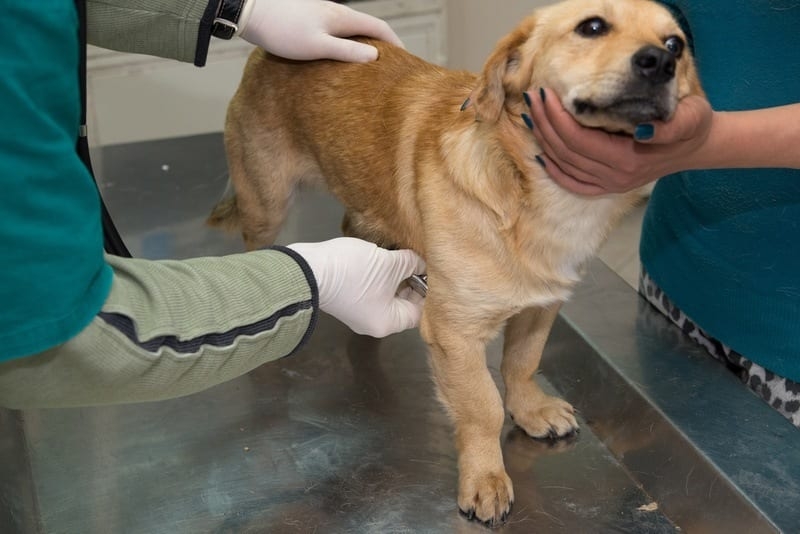
Are Batteries Poisonous for Pets?
Batteries are extremely useful to have around the house. Most small handheld electronics and even some appliances rely on batteries to function. The last thing anyone wants to deal with is a TV remote with dead batteries, which is why most homeowners keep a few extra packages of batteries on hand at all times. While you may think the common batteries you keep in your home such as AAs and AAAs are mostly harmless, this isn’t entirely true.
For the most part, batteries won’t harm a person unless the inner contents happen to leak and come into contact with a person’s skin. The case is different for household pets. Dogs in particular like to chew and bite items they encounter. They might think it’s some kind of interactive dog toy. A small battery can cause a great deal of harm to any pet that chews, punctures or swallows it, which is why you should always keep your batteries out of the reach of even the most curious of pets.
Signs of Battery Consumption
Sometimes mistakes happen, and for whatever reason, your pet may come into contact with a battery and ingest it mistakenly. At first there may not be any noticeable problems with your pet’s behaviour, but eventually, the battery will cause your pet to feel ill, and if it does not receive medical attention, your pet may be killed by the battery. Keep an eye out for the following symptoms if you suspect your pet has mistakenly ingested a battery.
- Lack of appetite
- Excessive Drooling
- Lethargy
- Bad Breath
- Frequent Vomiting
- Fever
- Difficulty Swallowing
- Black, tarry feces
- Abdominal pain/tenderness
If your dog or pet exhibits any of these symptoms, it is important to seek immediate care from a veterinarian. Battery contents can quickly damage the inner lining of your pet’s stomach or oesophagus, leading to major internal injuries that can lead to death.
What Not To Do
Many pet owners may not realize the seriousness of the situation when their pet ingests a battery. As a result, some people will try and self-remedy the situation as they would if their dog swallowed any other hazardous material like a cleaning solution or a plastic toy. Since batteries pose much more danger than other objects however, it is important to avoid the following at-home treatments.
Do Not Induce Vomiting
Many pet owners are familiar with the effects of hydrogen peroxide when it comes to inducing vomiting. If a battery has been swallowed however, this is about the worst thing you can do for your pet. Peroxide will only exacerbate the issue of internal irritation and damage, because it too can irritate the internal lining of the digestive tract. Adding peroxide to the equation will only increase the chances of internal bleeding for your pet.
Do Not Use Peroxide
Many pet owners are familiar with the effects of hydrogen peroxide when it comes to inducing vomiting. If a battery has been swallowed however, this is about the worst thing you can do for your pet. Peroxide will only exacerbate the issue of internal irritation and damage, because it too can irritate the internal lining of the digestive tract. Adding peroxide to the equation will only increase the chances of internal bleeding for your pet.
Do Not Wait For the Battery to Pass
Many pet owners may just figure the battery will pass after a few hours, which it will, but not before it causes significant internal damage. In less than an hour, a small disk battery on the lining of a pet’s stomach can actually cause severe burns. Since it takes several hours for even a small animal’s digestive system to pass food normally, imagine the damage a battery can do in that time. Waiting will only make matters worse, and can have fatal results for your pet. Do not use any dog gadgets and contact your veterinarian immediately.
At Polar Batteries, we take pride in keeping our customers well informed about the capabilities and potential dangers of even the smallest batteries. If you keep batteries in your home, be sure to keep them well out of reach of your dog or other pets. In the rare event where your pet may come into contact with a battery or its contents, be sure to contact your veterinarian immediately.
